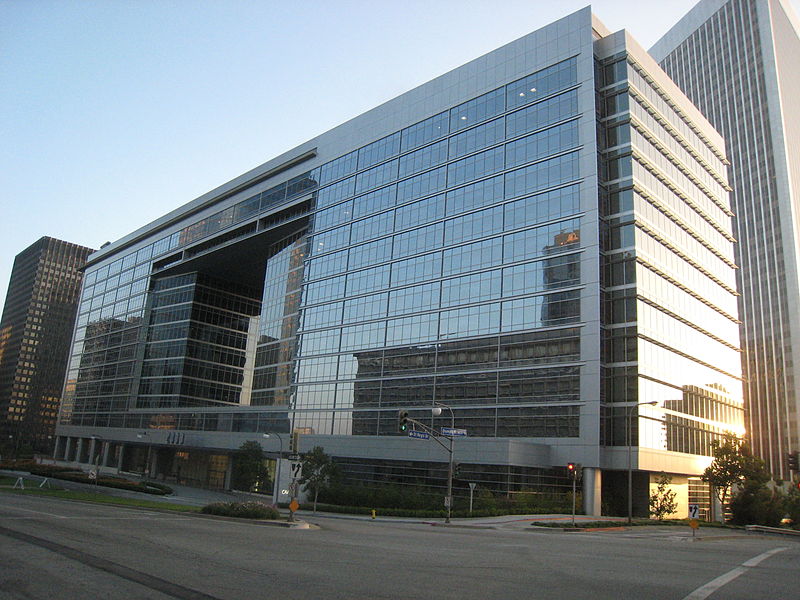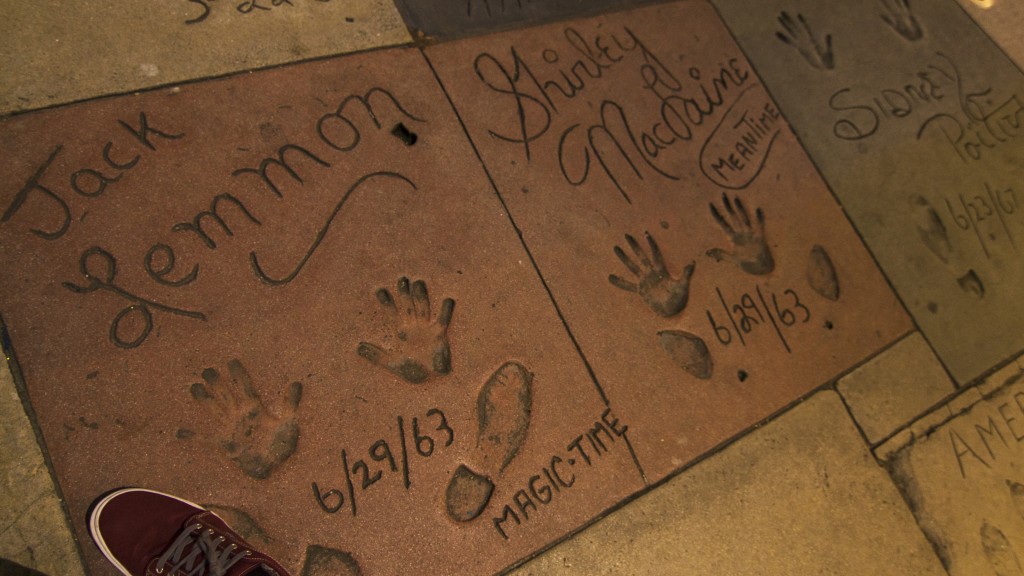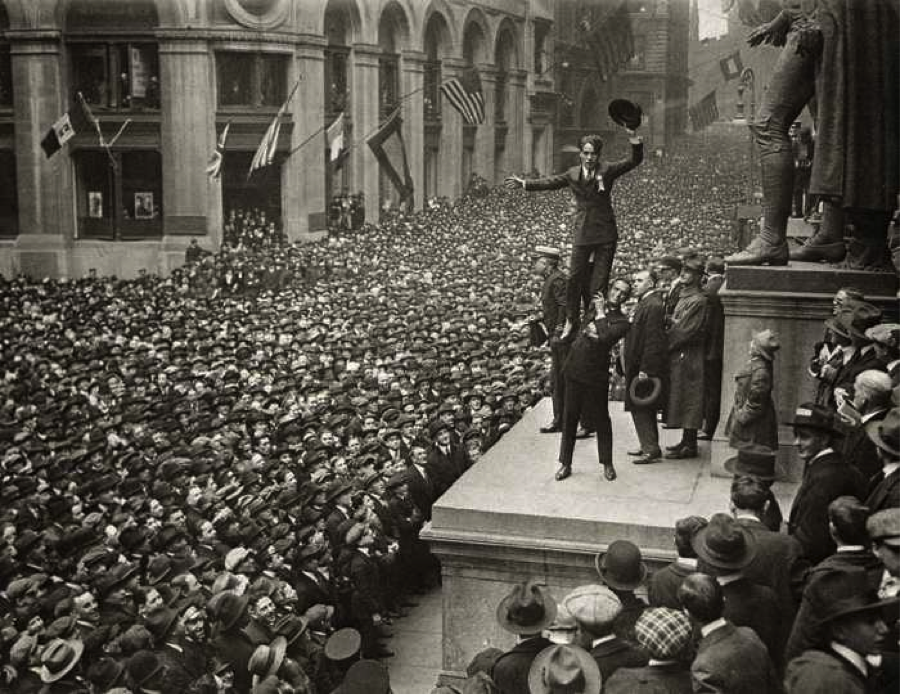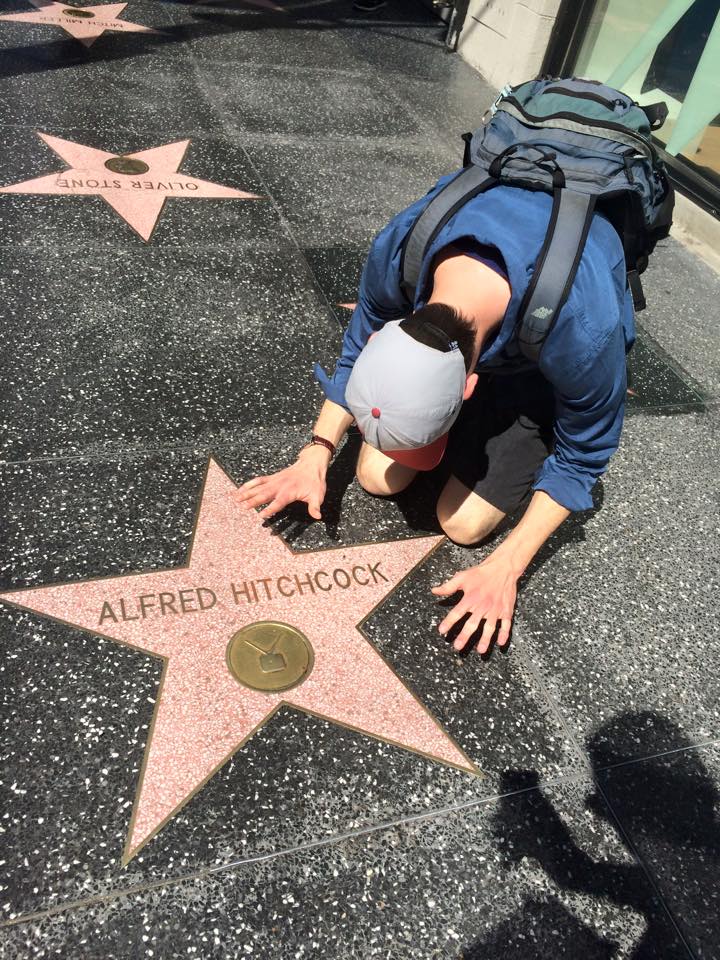Behind every “carefully dressed down” (one of our speakers’ words) talent in Hollywood, there is a web of suit-and-tie agencies, agents, and assistants negotiating their clients’ next projects.
I never knew the gatekeepers of Hollywood were a phone call away. And they really are, if you know the right people. But for our assignment to interview someone in the industry, I decided to reach out to Hollywood cinematographers without using any connections. I didn’t want it to be easy. It isn’t.

I’m researching the collaborative relationship between cinematographers and directors, so I first compiled a list of cinematographers who worked with directors I liked. Being a perfectionist afraid of success, I picked reasonable directors. Steven Spielberg, Francis Ford Coppola, Christopher Nolan, The Coen Brothers, Martin Scorsese, etc. Bringing my eyes away from IMDb’s database to my notebook, I realized I had listed 9 of the highest status cinematographers in Hollywood. With access to IMDb Pro, I could call their agents, and after about 30 minutes of staring blankly at the first, general information number, reciting my cold-call introduction in my head, I closed my eyes and pressed call.
Reception: “Hi, (agency’s name) front desk.”
Me: “Hi, my name is Tom Crandall, and I am a third year film student at Colorado College. I am working on a class project examining the creative collaboration between cinematographers and directors and was really interested in several of (agency’s) clients, including _____, ________, __________, and _________. I was curious if there is any way to further get in touch with anyone in (agent’s name’s) office in order to learn more about their work.”
*There are 4 main talent agencies, ICM, UTA, WME, and CAA, who represent talent in LA. Most of the cinematographers I wanted to interview shared the same agent at one of these companies.
Reception: “One moment please, let me transfer you to client information.”
Automated voicemail: “Hi, thank you for contacting (agency’s name) client information. We’re sorry we’re unable to take your call; if you can please leave your client’s name and request, or email your client’s request to clientinformation@(agency’s name).com, we will respond to you as soon as we can. Thank you.”
There is one level in the Nintendo 64 version of Mario where you need to climb an infinite staircase to face a boss. If you try to climb up, you can’t reach the top, and if you turn around, you’ll find you’re right back at the bottom of the stairs again. These infinite stairs were my process of getting in touch with agents’ assistants. I needed to craft every word, accentuate every tone, and arrange every appreciative adjective in order to talk with the next assistant in line.

The general rules: 1) calling is always better than email because it’s harder to say no to a person, and 2) wait 24 hours before calling again. Here was my general “workflow.” Call receptionist, then email client information. No response, wait 24 hours. Call reception to follow up, reach 2nd assistant. “Hi my name is, can I—,” “please send me an email.” Send 2nd assistant email, wait 24 hours. Call 2nd assistant to follow up, “let me see if I can connect you with someone in his office.” Reach first assistant, re-pitch, “Email me your project and I will see what I can do.” Email first assistant, wait 24 hours. Call first assistant to follow up, “I haven’t heard from him yet, usually we can’t give out client information, I’m sorry my hands are tied and I just have to wait for a response.” That was as far as I got without any outside connections; it was still a semi-victory.
To my surprise, I never got flatly rejected, and of all the assistants I spoke with but one were incredibly kind and helpful over the phone. I could tell from her first “hello” that she was busy, stressed out, and didn’t care to talk with me. It’s humbling to feign self-confidence when my main credentials include “Tom Crandall,” “Colorado College,” “Film Major,” and “class project.” It wasn’t that bad at first– she told me to send her an email. I made sure to read back her address, then hung up. I looked back down at her email and realized I didn’t know if it was right. After trying several spellings, I finally sent it successfully. She responded within 30 minutes; I messed up.
Despite my carefully wording, spacing how many times I said “Thank you so much,” and “if there is anything I can do to help,” or “I really appreciate it” to sound sincere without being annoying, I received her artfully blunt, three sentences response. I wish I could recite it word for word, but I’ll just tell you: I not only misspelled her name, thus mistaking her gender, but also misspelled the client’s name. She made sure that the first words in her email corrected her name first, and then the client’s. As she should; I made two huge mistakes, and was lucky to get any response. She reluctantly forgave me, but told me it’s so easy to check that information online, there should be no reason to make that mistake. She was absolutely right. Always remember names, and always double check grammar.
I didn’t get any interviews cold-calling. Maybe I could have if I didn’t pick such high-status cinematographers. Thankfully, with the help of other connections, I have several people I hope to talk with early next week. It’s not impossible to reach someone through an agency; it sounds that way because I was calling these agencies for only a week. If I had several weeks or months, there is a chance I could speak with somebody. Ultimately, I was surprised to learn what got me in the door most: being a Colorado College student. Without my CC email address, I was just a kid trying to rub shoulders with a famous director. One of the assistants I called went to Boulder, so he immediately appreciated that I go to CC, and did the best he could to help me. Another assistant remembered me for being a CC student. I never believed how much access the words “Colorado College” have, and how much I hope they will help in making future connections.
I’m just now beginning to understand how difficult it is to pitch myself to someone. How can I ask someone to hire me or finance my film if I don’t believe firmly in myself? Like filmmaking, belief in myself and my work is a practice. No doesn’t always mean, “it’s impossible,” it just means, “find another way in.”



